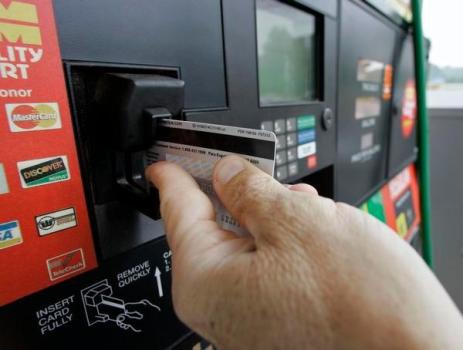Mastercard on Addressing Car Fleet Managers’ Needs

The US card scheme announced they will be proposing a fuel card for companies’ vehicle fleets. The idea is to make fuel refill transactions and maintenance data available to fleet managers in real time through a single interface.
This solution is intended to make it easier for car drivers to handle refuels, without having to manually enter their data. They used to have to complete the identification process, and specify their location, odometer and fuel gauge readings. This data will now be automatically integrated from a connected car’s dashboard into the payment process.
The cards issued via Mastercard’s fleet management platform can be assigned to a specific driver or vehicle. Once activated, information regarding this car and the associated card are automatically synchronised. When an employee has to refill his car tank, the vehicle’s dashboard sends his location and odometer reading. This data is processed using in-car equipment or a connected key. In case of overspending, an alert is triggered, and sent to both the employee and the car fleet manager.
This solution is currently tested with U.S. Bank. It will allow fleet managers to handle expenses and authorisations (including unexpected expenses) in real time. The official launch would be scheduled for 2019.
Comments – Data for streamlining fleet management processes
Fuel refills cost a great deal in fleet management processes. Yet, when companies have access to information regarding their cars, fuel expenses and car drivers, they can more relevantly meet specific needs, spot potential mistakes and suggest improvements. Mastercard focuses on business customers’ needs, helping them deal with fleet management issues as best they can. Integrating fuel-related data in the payment process, as Mastercard puts it, should provide managers with an overall view of their employees’ expenses, and contribute to monitoring these expenses more accurately.
Mastercard keeps branching out as they are aiming for additional sectors. Just like their main rival, Visa also focuses on tomorrow’s mobility-related issues. They even partnered with the oil company Q8 to propose a multi-service card for fleet managers. These card schemes are increasingly interested in adjusting their services to the ways consumers see their payment experience in a fast-changing society.
